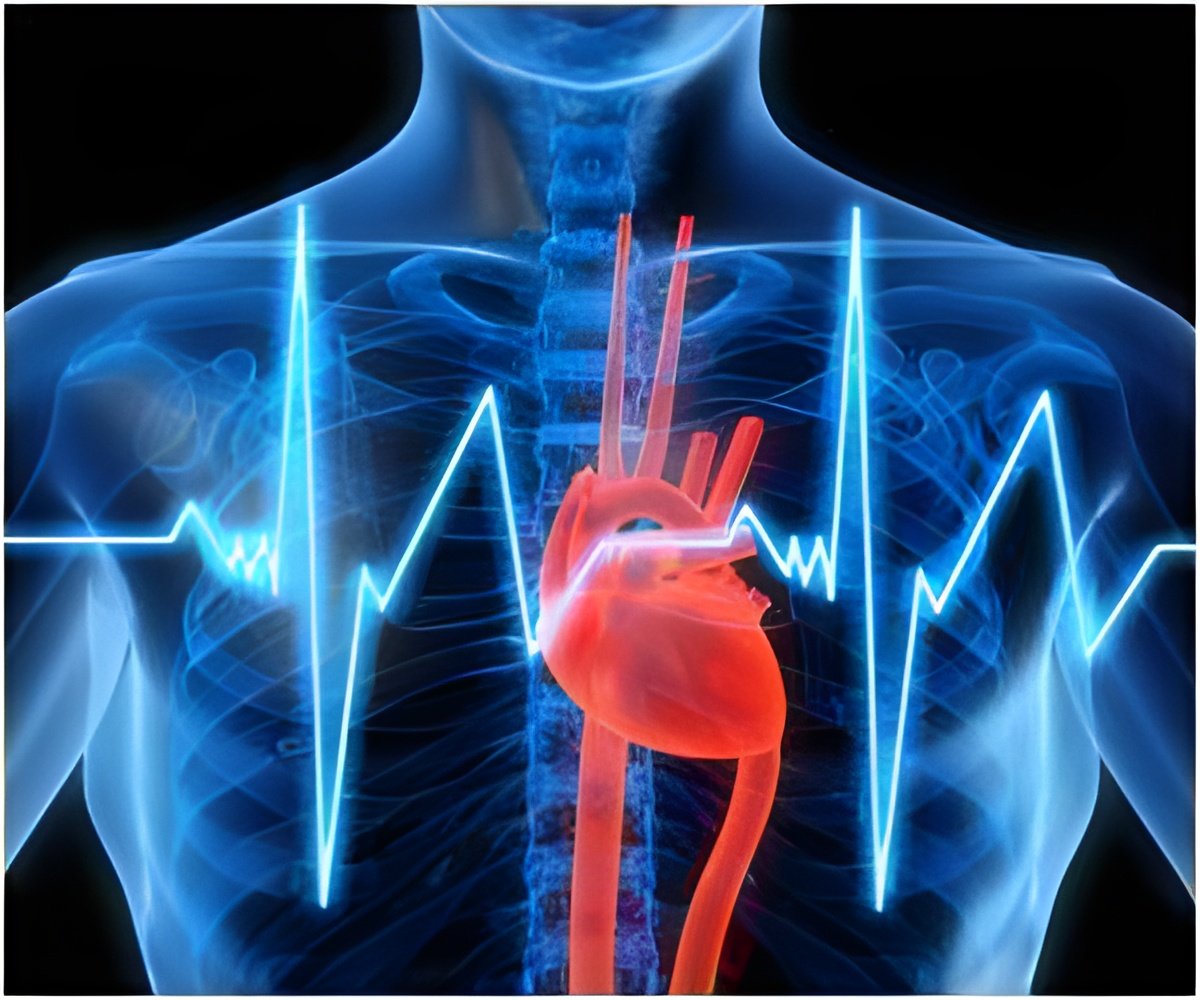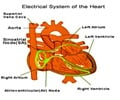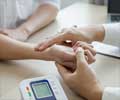Researchers have found the clue behind some unexplained strokes.

"Identifying and treating these patients for irregular rhythm could reduce the recurrence of stroke by 40 percent compared to reducing the risk by treating them with aspirin," said Daniel J. Miller, M.D., the study's first author and a senior staff neurologist at Henry Ford Hospital in Detroit, Mich. "The cause doesn't make a difference if there isn't a treatment, and recently two new medications – dabigatran and rivaroxaban – have been approved by the FDA to treat this problem."
The study confirmed a 2008 report that found 13 of 56 patients (23 percent) whose heart rhythms were measured by automated monitors for 21 days had intermittent, or paroxysmal atrial fibrillation (PAF). Such episodes can last for a few seconds up to several days.
The 2008 study suggested that erratic beats of less than 30 seconds might indicate more prolonged episodes of PAF that lead to small blood clot formation in the hearts of patients with otherwise unidentified causes for their strokes. Since the study, stroke specialists have debated the importance of PAF to patients.
Some stroke centers, including Henry Ford Hospital, adopted the Mobile Cardiac Outpatient Monitoring™ (MCOT™) system as a method of identifying PAF.
Miller and his colleagues examined the medical records of 156 patients (half women) who had undergone monitoring no more than six months after a stroke or transient ischemic attack (TIA), most of them for 21 days. Ninety-seven percent were not taking prescription anticoagulation drugs.
Advertisement
Patients identified at study entry with premature atrial contractions — the most common type of erratic heartbeats — were 13.7 times more likely to have PAF than those without the rhythm problems. "That's a very high risk," Miller said.
Advertisement
The other risk factors applicable to stroke and TIA patients were:
- Being female. Women in the study had 6.2 times a man's risk of PAF. In stroke patients alone, the risk was 4.6 times.
- Having a left atrium enlarged by 1 centimeter in diameter. This finding increased the AF risk 2.3 times.
- A reduction in blood pumped by the heart. People whose left ventricle expelled 10 percent less blood than a healthy heart had a 1.8 times risk.
"Patients with stroke of unknown origin should have at least 21 days of MCOT monitoring to reliably detect paroxysmal atrial fibrillation in order to reduce their risk of future stroke," Miller said.
Source-Eurekalert











